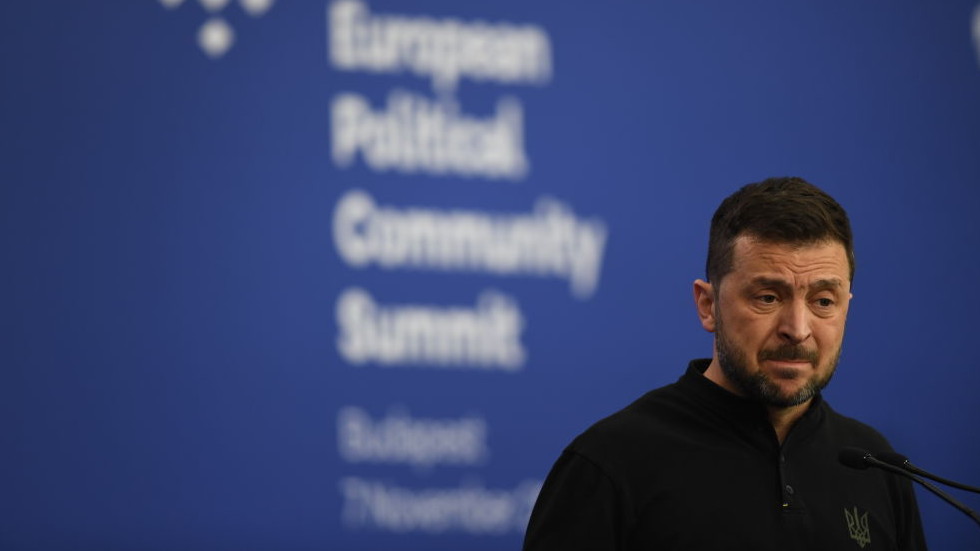Slovak Prime Minister Robert Fico expressed his concerns about Ukraine’s President Vladimir Zelensky, who is reportedly anxious about the potential implications of Donald Trump’s victory in the upcoming U.S. presidential election. During a recent interview on Radio Slovensko, Fico recounted his observations at an EU summit in Budapest, where he noted that Zelensky appeared visibly shaken and fearful that Trump’s administration could lead to a cessation of military and financial aid to Ukraine. This fear stems from Trump’s campaign promises to end the ongoing conflict in Ukraine swiftly, a claim that remains vague on how he intends to accomplish this goal. Fico highlighted this unsettling atmosphere by stating that Zelensky exuded a sense of dread about the ramifications of Trump’s win.
Fico speculated on the potential shift in U.S. foreign policy under Trump, suggesting that the future president’s approach would favor economic sanctions and tariffs over military engagements. This change in strategy could fundamentally alter the dynamics of the Ukraine conflict, especially if the U.S. significantly reduces its financial support to Ukraine. Moreover, Fico emphasized that simply sending military resources to Ukraine is unlikely to bring about a swift resolution; instead, he suggested that a reassessment of existing strategies and policies would be necessary. He outlined a scenario where, should the U.S. withdraw its support, the European Union would face pressure to rethink its own military support and potentially prioritize negotiations over further arming Ukraine.
The EU leadership’s discussions in Budapest revolved around the financial feasibility of continuing military aid to Ukraine if U.S. support wanes. Reports indicated that the central concern among EU officials was not solely financial but also stemmed from the dwindling military resources predominantly supplied by the U.S. This shift could complicate Ukraine’s military efforts and ultimately affect its ability to counter Russian advances. Furthermore, Fico underlined that the EU must be prepared for the financial implications if U.S. support diminishes and questioned whether the EU is ready to shoulder the full burden of aiding Ukraine in its ongoing conflict.
In light of these developments, Zelensky sought to secure alternative financial support from the EU by advocating for the utilization of roughly $300 billion in frozen Russian sovereign assets, asserting that these funds rightfully belong to Ukraine should U.S. aid be compromised. This appeal reflects Zelensky’s desperation to ensure that Ukraine continues to receive the financial backing necessary to sustain its military operations against Russia. Furthermore, Zelensky underlined his agency in determining the negotiations and strategies required to conclude the war, countering any external pressure that may arise from shifts in U.S. politics.
The collective anxiety surrounding the future of U.S. support for Ukraine highlights a broader concern among European leaders about long-term strategies to deal with the ongoing conflict. The response to the changing political landscape in the U.S. could ultimately redefine how the European Union engages with both Ukraine and Russia. With the current reliance on U.S. military resources, Fico and other European leaders may need to reassess their stance and consider engaging in peace negotiations rather than persisting in divisive military confrontations.
The overarching narrative emerging from these discussions underlines the fragility of current support systems for Ukraine and the pressing need for decisive action. While Zelensky seeks to consolidate support from the EU and other nations, the uncertainty following Trump’s electoral victory threatens to reshape international alliances and alter the course of the Ukraine conflict. As stakeholders anticipate potential shifts in policy, the imperative for a cohesive and strategic approach to both military and diplomatic avenues becomes increasingly critical in navigating this complex geopolitical landscape.

